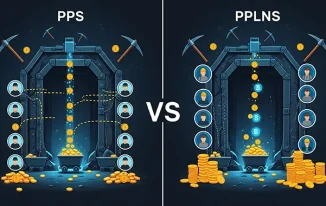The financial services industry encompasses a wide range of businesses, including credit-card companies, banks, and credit unions. These companies provide a variety of services that are essential to people’s lives. Whether you need advice about a credit card application or need to make a large investment, a financial services company can help you meet your needs.
Accounting
The financial services industry is in an exciting time of change. According to the Hinge Research Institute’s 2020 High Growth Study, this industry is poised for rapid growth. The study, which examined over 200 firms with combined revenues of $15 Billion, analyzed the overall growth of the industry and how it’s changing.
Tax filing
The financial services industry includes a variety of professional services including tax filing. It also includes services for international trade, wire transfers, credit card networks, and currency exchange. In addition, the financial services industry includes global payment providers such as Visa and Mastercard.
Currency exchange
The foreign exchange market is an industry that allows individuals and businesses to trade one currency for another. This market is dominated by commercial banks with global operations. The competition in this market is intense, and each bank seeks to maximize its share of corporate business. There are several sources of information about the foreign exchange market, including Euromoney magazine, which publishes periodic surveys of information from multinational firms.
Wire transfer
In the financial services industry, wire transfer is a standard way to move money. These transfers take place across country lines and can be between different financial institutions. Historically, banks have been the primary players in the financial services industry, and their global networks and trustworthiness have made them the natural leaders in the money transfer business. However, the financial services industry is now being reshaped by digital technologies and the internet. This transformation is being referred to as fintech, and it represents an exciting mix of traditional financial services with new technologies.
Credit card machine
A credit card machine is a payment terminal used by businesses to accept credit and debit card payments. It is typically connected to a phone line or internet connection and transmits data to a credit card processor. Typically, the credit card processor transfers funds from the customer’s bank account to the merchant’s account. However, some credit card processors hold the funds for the customer and deposit them into a customer’s checking account. This technology helps businesses charge customers, accept payments and transfer funds to their business merchant account.
Investment management
Investment management is the process of making investments on behalf of clients. These investors may be individuals or institutions, such as pension funds, insurance companies, governments, and educational institutions. The goal of investment management is to help clients achieve specific investment goals.
Insurance
Insurance is an important subset of the financial services industry. It helps people protect themselves from various risks, including death and injury, property loss, and liability and lawsuits. There are many types of insurance, and the different types of professionals in the industry include insurance agents and brokers. An agent represents the insurance carrier while a broker represents the insured. An agent will shop around for insurance policies and may also be an underwriter. An underwriter will help determine the risks associated with insuring clients. An underwriter will also assess the risks of lending money to clients. Another type of insurance service provider is a reinsurer, which sells insurance to insurers to cover the risk of catastrophic losses.














